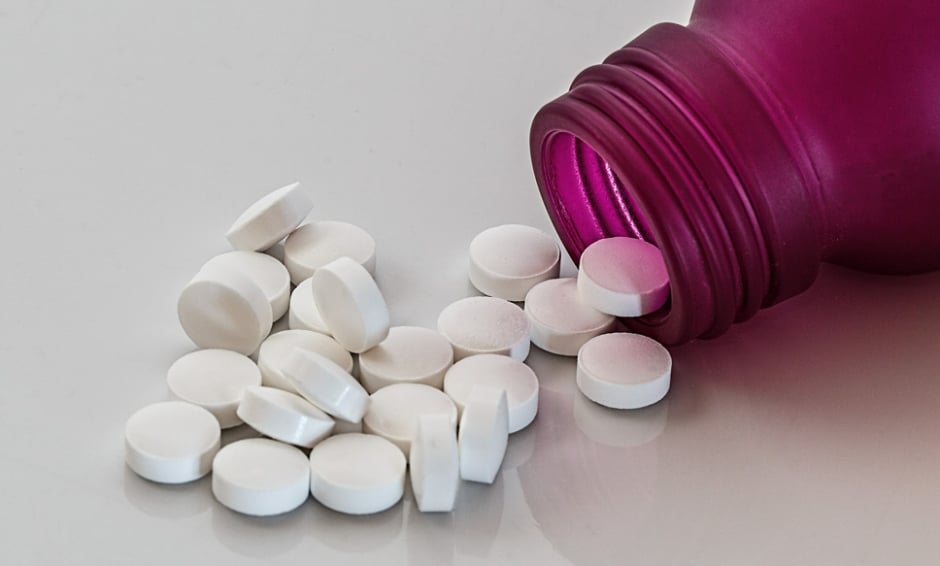DISCONTINUATION of HIV treatment for a short period does not cause the irreversible effects that were initially thought, according to results from a carefully monitored clinical trial by researchers from the National Institute of Allergy and Infectious Disease (NIAID), part of the National Institutes of Health (NIH).
HIV-infected patients require daily antiretroviral therapy (ART) to reduce their blood viral load to undetectable levels, prevent virus transmission to others, and, ultimately, prolong their life. Despite this treatment, the virus remains dormant within immune cells and it has long been believed that if ART is discontinued in an infected patient, the virus will replicate to detectable levels and pose an irreversible threat to the patient’s immune system. However, in an attempt to develop a treatment technique that achieves sustained ART-free remission, researchers have discovered that this is not necessarily the case.
The clinical trial included 10 volunteer patients who had been receiving infusions of a broadly neutralising antibody as a trial method of controlling HIV without the use of ART. They temporarily stopped taking their ART medication during the trial and it was found that the HIV was able to start replicating, meaning the participants required ART to be recommenced 22–115 days after ceasing treatment. Additionally, the participants experienced increases in their HIV reservoirs and viral loads, as well developed abnormalities in their immune cells. However, all of these changes returned to the level recorded before ART cessation within 6–12 months of resuming ART, confirming that briefly pausing ART does not result in irreversible damage of the immune system as previously believed.
These findings suggest that it will be safe to conduct future clinical trials using short-term HIV treatment interruption, particularly to develop strategies of HIV control and possible treatment regimes without the use of ART drugs. The researchers are aware, however, that to confirm these results, an identical trial should be performed in which interventional drugs are not used. A trial is currently ongoing that aims to assess the effects that short-term analytical treatment interruption can have on different virologic and immunologic factors of HIV-infected patients.






